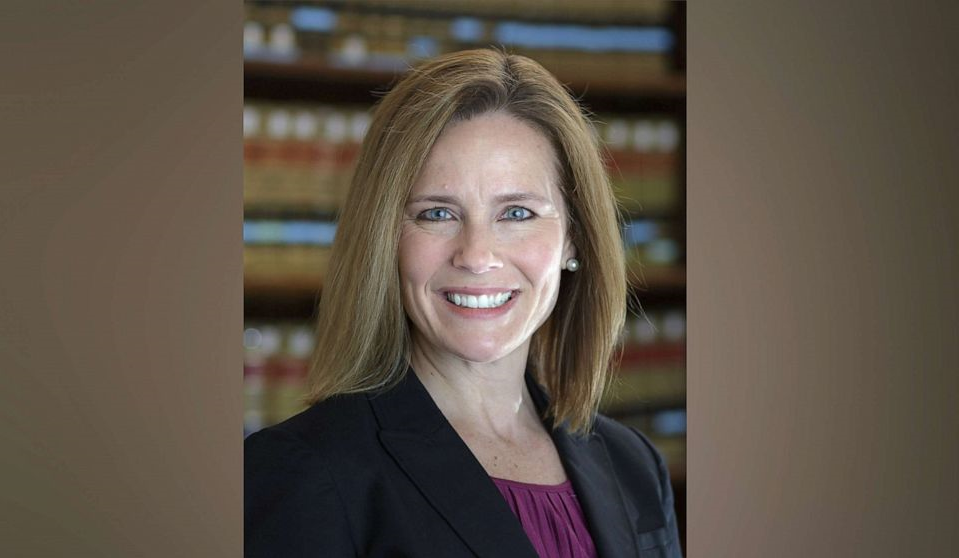The U.S. Supreme Court justices talked a lot about upholding precedent Wednesday as they considered a major challenge to the 1973 abortion case Roe v. Wade.
While the Democrat-appointed justices repeatedly argued that overturning Roe would be perceived as political and undermine the integrity of the court, Justice Amy Coney Barrett and others questioned this claim, The Hill reports.
“There are some circumstances in which overruling is possible,” Barrett responded, pointing to the racial segregation case Plessy v. Ferguson as an example.
In Dobbs v. Jackson Women’s Health, Mississippi is challenging the precedent that forces states to legalize the killing of unborn babies for any reason up to viability. During oral arguments Wednesday, its lawyers argued that Roe should be overturned and states should be allowed to protect unborn babies from abortion again.
Follow LifeNews on the Parler social media network for the latest pro-life news!
Lawyers representing the pro-abortion side, however, emphasized stare decisis, or binding precedent. They argued that the court should be extremely cautious about reversing previous rulings – even “egregiously wrong” rulings – to prevent the appearance of being too political or being swayed by public opinion when its duty is to uphold the U.S. Constitution and serve as a check and balance to the other branches of government.
But Barrett questioned this reasoning, saying that while stare decisis is “obviously the core of this case,” it is not an “inexorable command.”
Other justices did, too, including conservative Justice Samuel Alito. He repeatedly questioned U.S. Solicitor General Elizabeth Prelogar about her emphasis on upholding precedent even in “egregiously wrong” rulings.
In a column at The Federalist, Margot Cleveland, a former law clerk and instructor at the University of Notre Dame, explained that the stare decisis arguments centered around Planned Parenthood v. Casey, a 1992 ruling in which the Supreme Court modified and upheld Roe.
Basically, Cleveland said the Casey ruling argued that the court needs to maintain its precedents to uphold its “legitimacy” in the eyes of the public.
She explained why this is a problem:
Casey’s reliance on the “Court’s legitimacy,” to affirm “Roe’s essential holding,” now … cuts the other way because what the Supreme Court in Casey failed to recognize is that they had destroyed their own credibility by announcing to the country that they were more concerned with appearing apolitical and unaffected by public opinion than the constitutional soundness of their opinion. Yesterday’s obsession by Justices Breyer, Sotomayor, and Kagan with stare decisis as a means of showing the public it is not affected by whichever side yells the loudest only confirms that public opinion matters to the justices.
Lawyers for Mississippi told the high court that much has changed in the nearly 50 years since Roe v. Wade, and science and medicine have made it clearer than ever that unborn babies are unique, living and valuable human beings who deserve a right to life.
Mississippi Attorney General Lynn Fitch asked the Supreme Court to overturn Roe and allow states to protect unborn babies again or, at the very least, modify the ruling so that Mississippi may prohibit abortions after 15 weeks as most other countries do.
If the court does, states would be allowed to protect unborn babies from abortion again, possibly from the moment of conception or at least after the first trimester, and groups estimate anywhere from a dozen to two dozen states would do so. As a result, thousands of babies could be spared from violent abortion deaths every year across America.
Polls consistently show that a strong majority of Americans oppose abortions in the second and third trimesters and many support heartbeat laws that protect unborn babies at their earliest stage of life.
The high court is expected to publish its ruling on the case sometime next year, potentially June 2022.








